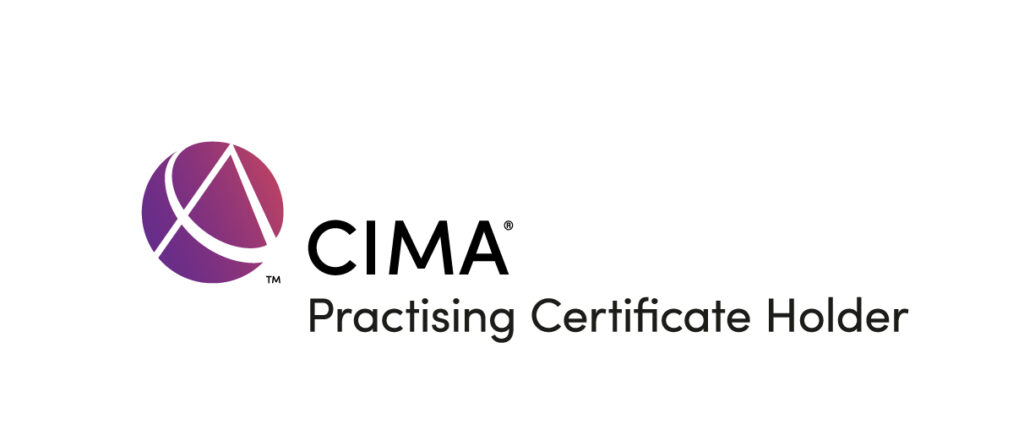So who needs to do a tax return?
Broadly speaking, you need to file a tax return if any of these apply:
- You are a self-employed sole trader or limited company director;
- You are renting out property;
- You are a shareholder;
- You or your partner received child benefit and either of you had an annual income of more than £50,000;
- You earn more than £100,000 a year.
- You earned income from abroad that you need to pay tax on.
Have you registered?
The bad news is that if you didn’t do a return last year, you will need to sign up first and, according to HMRC, this can take up to 20 working days – so make sure you register in plenty of time before the 31st Jan deadline!
Avoid tax penalties on child benefit
Thousands of families have been dragged into self-assessment because one or both parents have an income of more than £50,000. Under the government’s high income child benefit charge, these people have their benefit clawed back on a sliding scale of 1% of the child benefit claimed for every £100 earned between £50,000 and £60,000.
There are ways you can reduce the tax hit and, in some cases, escape the charge completely – most notably by paying more into your pension or giving to charity. Any contributions made into a company or personal pension scheme or given to charity will reduce your “adjusted net income” (your total taxable income, minus things such as pension contributions), which is what the tax charge is based on.
It’s still worth having a child benefit claim even if you must return all the child benefit back to the government through your tax return. If you have a parent who isn’t working, keeping the child benefit claim in their name will maintain a national insurance stamp for their state pension.
Claim gift aid at the higher rate
Donating through gift aid means charities can claim an extra 25p for every £1 you give. It won’t cost you any extra. And if you are a higher-rate taxpayer, you can claim the difference via your tax return. Let’s say you donated £100 to a charity and it claimed gift aid to make your donation £125. You pay 40% tax, so you can personally claim back £25 (20% of £125).
Frequently, charity shops will ask if you want to gift aid the donations you give to them. That means they can treat the sales proceeds as a cash gift and claim the tax relief mentioned above, but it if you’re a higher rate tax payer it also means you can claim extra relief in your tax return.
Don’t forget to claim for expenses
Employers will frequently reimburse you less than they should. The difference between what an employer does reimburse you and what HRMC say they should can be claimed as a tax deduction. Some of the more common expenses employees can claim include:
- If your employer pays you less than the allowable 45p per mile for business trips, you can claim the difference between what they pay you and what you’re allowed to claim as a deduction against your income. For example, if your employer only pays you 15p a mile, you can claim 30p a mile as a deduction against your income for the first 10,000 miles.
- Professional subscriptions that aren’t reimbursed by your employer are also allowable. A full list of professional fees that can be deducted can be found here.
- If you subscribe to magazines or newspapers for work you should be claiming these as expenses.
- Any work related clothing you use exclusively for work can be claimed. You can’t claim for a suit, even if you only use it for work, but anything with a work logo, uniforms or protective clothing are all OK.
Don’t forget the penalties
The initial fine for a late tax return is £100, which applies even if there’s no tax to pay. After three months, there are additional daily penalties of £10 a day, up to a maximum of £900. After six months there’s a further penalty of 5% of the tax due or £300, whichever is greater, and after 12 months, another 5% or £300 charge. There are also penalties for paying late.

